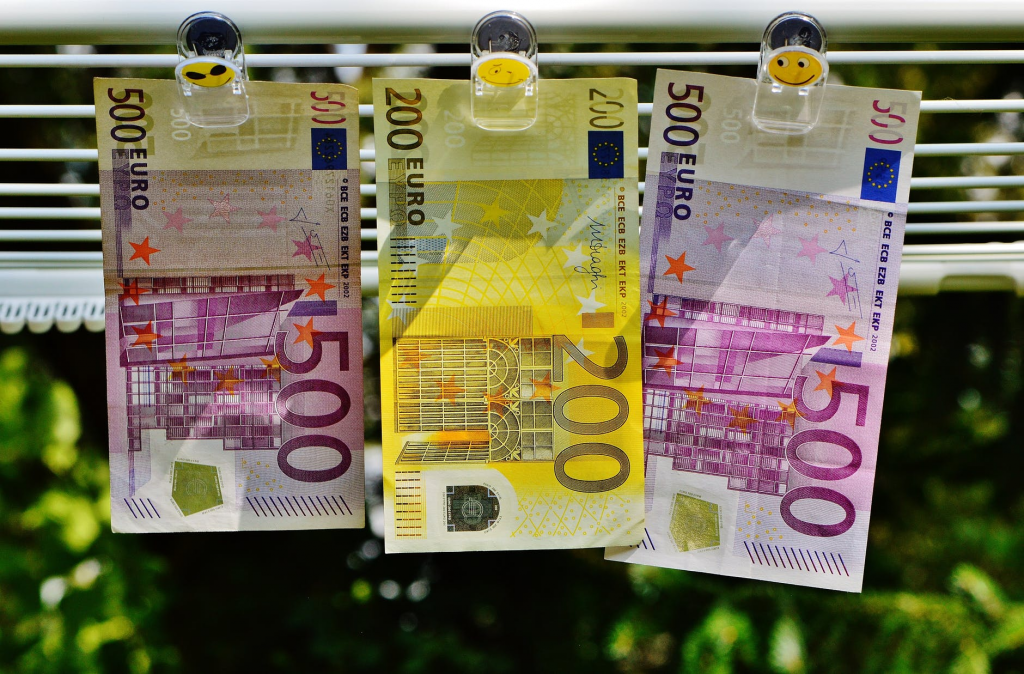August wasn’t good to the cryptocurrency market. Industry leaders such as Bitcoin, Ether, and Ripple all saw their prices fall substantially on the month. In fact, 87 of the top 100 cryptocurrencies saw their price decline over the month.
It’s anyone’s guess as to where prices will go from here:

“There are a lot of factors impacting the price fluctuations of cryptocurrencies in the short term,” says Alex Karasulu, Co-Founder and CEO of OptDyn. “These last few days we see Bitcoin dipping below $10k then coming back up. Cryptocurrency represents an alternative Store of Value (SoV), a safe haven to fiat sovereign currencies, and as a result, they respond inversely to situations impacting fiat sovereign currencies. Furthermore, the cryptocurrency system with Bitcoin as „king“ (with altcoins tightly coupled to it) is analogous to the fiat sovereign currency system with the U.S. dollar as the dominant reserve currency which most other sovereign currencies shadow in response.”
Within the cryptocurrency industry Bitcoin is seeing its market share continue to rise. At the end of August, Bitcoin held almost 70% of the total market capitalization of the entire industry, a number it hasn’t hit since March, 2017.
As China prepares its release of a state-backed cryptocurrency, it has been uncovered that seven large institutions in the country will be the first to receive the digital currency. The companies set to receive the tokens are: Industrial and Commercial Bank of China, Bank of China, Agricultural Bank of China, Alibaba, Tencent, and Union Pay.
“A separate source, who’s involved in the development of the cryptocurrency, dubbed DC/EP (Digital Currency/Electronic Payments), confirmed that the seven institutions would be receiving the new asset when it launches, adding that an eighth institution could also be among the first tier of recipients. The source declined to provide the name of the additional company. Speaking under terms of anonymity, the source, who previously worked for the Chinese government, confirmed that the technology behind the cryptocurrency has been ready since last year and that the cryptocurrency could launch as soon as November 11, China’s busiest shopping day, known as Singles Day.”
Many experts hold the belief that while China’s new project is a digital currency, it is not a cryptocurrency. That’s because the currency and its issuance will be controlled by China and only a few select stakeholders.
Some of the biggest fears surrounding cryptocurrencies have always been about their secrecy and ability to shield illegal activity. According to one United Nations official, it is clear that cryptocurrencies like Bitcoin make it more difficult to catch criminals.
According to Neil Walsh, the chief of the Cybercrime and Anti-Money-Laundering section of the UN’s Office on Drugs and Crime, cryptocurrencies are making life difficult on law enforcement:

“It’s what makes it really hard for a cops investigators to manage some really big risks because in the past when we looked at some of those really big high threat areas like kids getting abused online, it had to be paid for and now with the use of cryptocurrencies it’s exceptionally difficult for investigators to track that and to try and manage that risk down.”
Other governments around the world agree with this sentenmant. The United States Treseary Secretary believes that Bitcoin is laundered more than cash.
Telegram, the messaging app company, is getting closer and closer to the release of its cryptocurrency dubbed the “Gram”. According to investors, Telegram has notified them that the first set of Gram tokens will be released in just a few months. Gram tokens will be able to integrate with the almost 300 million Telegram users already utilizing the app. The company previously raised $1.7 billion in a round of financing to support these new operations.
Much like what happened with Facebook’s Libra, Telegram will have to be careful of US regulators who could block the project from its full potential at any moment:

“Anyone trying to build this type of token system has to be careful on any number of levels with regulators,” said Richard Levin, who specializes in cryptocurrencies law at the law firm Polsinelli. “I suspect that regulators will take a very close look at this offering.”
The Telegram app allows users to send encrypted messages that aren’t accessible by any third-party. The company sees its Gram digital currency as a way for its users to create an economy within the Telegram app and beyond.


